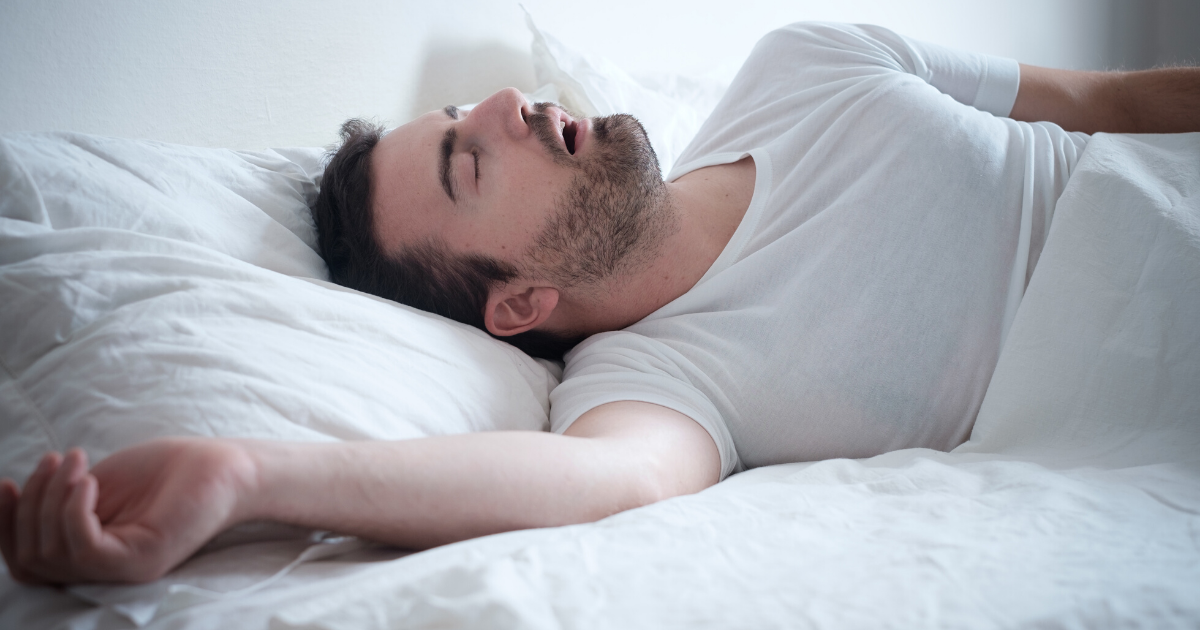
Acid Reflux During the Night Can Be A Scary Experience
GERD Can Eat You Away….
By: Dr. Charles Kravitz
Have you ever woken in the middle of the night choking on acid because you’ve inhaled it and can’t breathe?
Try taking in a breath and all you get is a burning in your throat and lungs. You try to expel it but it takes many tries and coughing, burning, burning. You panic, thinking, “Am I going to die?” You possibly could if you hadn’t woken up!
This is what people with GERD (Gastro-Esophageal Reflux Disease) experience many times if they have eaten a spicy meal, eaten too close to bedtime, did not raise their head higher than their body while sleeping, or have SLEEP APNEA.
As a victim of OSA (Obstructive Sleep Apnea) myself, I have experienced this nightmarish incident many times. Fortunately, as I received treatment for OSA, my Acid Reflux, and other systemic disorders, has subsided.
Sleep apnea, of course, is the cessation of breathing for over 10 seconds and up to 90 seconds, repeated many times while sleeping. Snoring is the warning alert.
SLEEP APNEA INFLUENCES ACID REFLUX
How it happens: During the cessations of breathing the body will increase its efforts to take in air. Abdominal contractions are exaggerated and increase until breathing resumes.
The contractions squeeze the stomach and force acid up the esophagus.
The efforts to breathe also increase a negative pressure in the esophagus which also pull up acid.
The contractions squeeze the stomach and force acid up the esophagus.
The efforts to breathe also increase a negative pressure in the esophagus which also pull up acid.
Secondary effects of OSA, resulting from the GERD, are esophagus and larynx damage, aspiration pneumonia, permanent lung damage, tooth erosion, and tooth sensitivity.
Solutions: People may take medications to control symptoms of GERD, and this helps, but OSA (obstructive sleep apnea) can override the effects of the proton-pump inhibitor (Omeprazole), or other OTC drugs.
Patients in the dental office can be easily screened for OSA at the initial oral exam. Tooth erosion is one consequence, bruxism is another. A sleep questionnaire and other signs of sleep apnea will prompt the need for a HSS (home sleep study). This will determine the diagnosis of OSA and the severity. By treating the sleep apnea we can save teeth and possibly the patient’s life.
It’s so important to treat the sleep apnea for many reasons. GERD is just one of them. One out of 3 people have a sleep disorder. Everyone knows someone with sleep apnea and a story to tell about it. Shouldn’t we as dental professionals help our patients have healthier teeth and live longer?
Get involved for profit, prestige, and the great feeling of saving lives: Hygienists around the country are screening for OSA and dentists are treating it with oral appliances. They gain the satisfaction of truly helping patients, their family members and possibly themselves.
Take a two-day lecture with Sleep Group Solutions to learn more!

